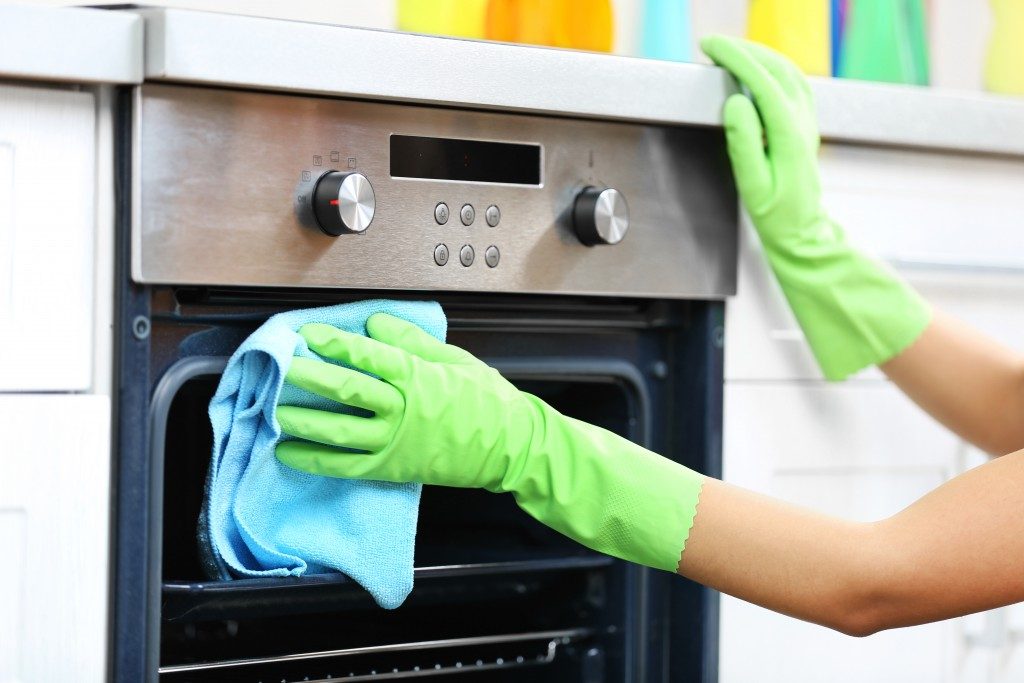Neglected kitchen equipment in a commercial setting can prove to be quite a black hole, sucking the money right from your pocket. With proper maintenance, you can lower your overheads.
Industrial kitchens are energy users, often consuming three times as much energy per square foot as other commercial buildings. Fortunately, running a full-service kitchen doesn’t mean that you have to make do with high energy bills.
By hiring equipment repair services and making a few operational changes, you can cut your energy bill by as much as 30 per cent. That is in addition to increasing operating efficiency and creating an enabling work environment for your kitchen staff. Refrigeration, food preparation, and water heating are responsible for about 60 per cent of your energy bill.
Espouse Regular Maintenance

Regular maintenance helps to keep all your kitchen equipment in great shape while improving their energy efficiency. Oven fryers, burners, and grills are high energy consumers. Keeping them in excellent working order and only turning them on when needed can lower your costs significantly.
Keeping the seals around steamer and oven doors in great shape keeps the heat from escaping. Doing so also helps you save you lots of money. Properly cleaning your appliances increases their service life.
Debris at the bottom of an oven door keeps it from sealing correctly. Misaligned doors and worn gaskets cause fridge and freezers to leak cold air, causing them to consume more power. It can also result in a high level of food spoilage.
Keep a Close Watch on the Water
Cleaning a full-service kitchen takes lots of effort. Therefore, you must keep the water heater in great shape to minimise energy consumption. A simple way to do this to keep the heater at the proper setting while ensuring that the piping system is intact. Set the heater at about 140 degrees Fahrenheit, fix any leak, insulate the hot water pipes, and make sure that the pressure valve is functional.
Setting the rinse pressure of your dishwashers between 15 to 25 pounds per square inch prevents water wastage. Set the wash temperatures at about 160 degrees Celsius, which is high enough to sterilise the utensils. Train your workers to run the dishwasher when it’s full. Remind them to turn off the high-temperature dishwashers when closing for the day instead of leaving them on overnight.
Consider switching to low-flow sprayers, which are used to remove food leftovers from plates. Ideally, these sprayers should have a flow rate of about 1.6 gallons per minute. Low-flow sprayers help you conserve water and lower your energy bills as you end up using less hot water as well.
In the end, a full-service commercial kitchen consumes a lot of energy and water for things to run smoothly. Keeping all your kitchen equipment in tip-top condition makes the water and electricity bills low. It also helps you to increase the service life of your expensive appliances and avoid costly repairs. You get to run a tight ship, much to the delight of your customers.